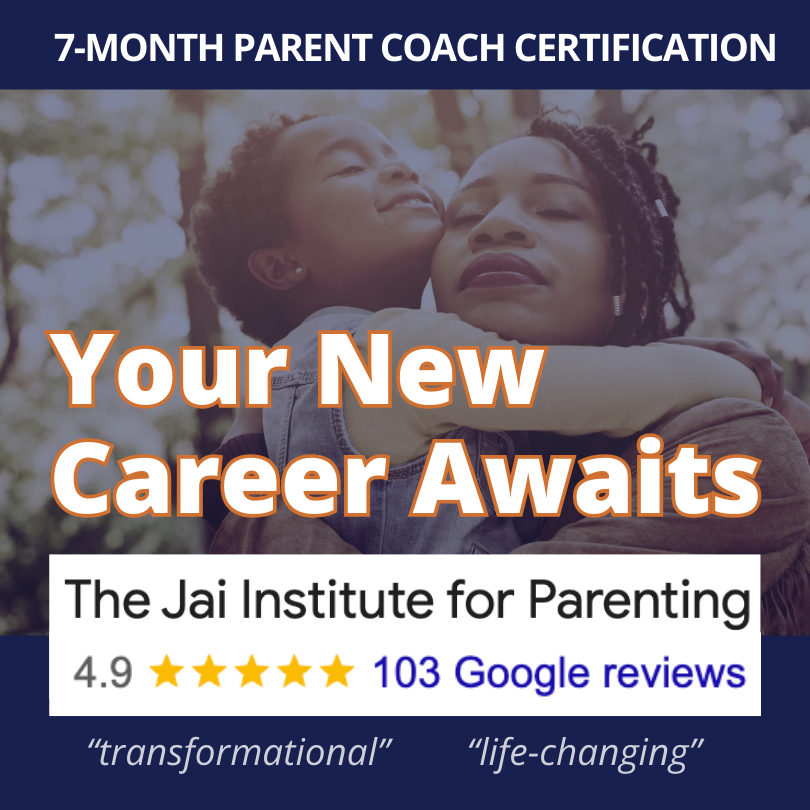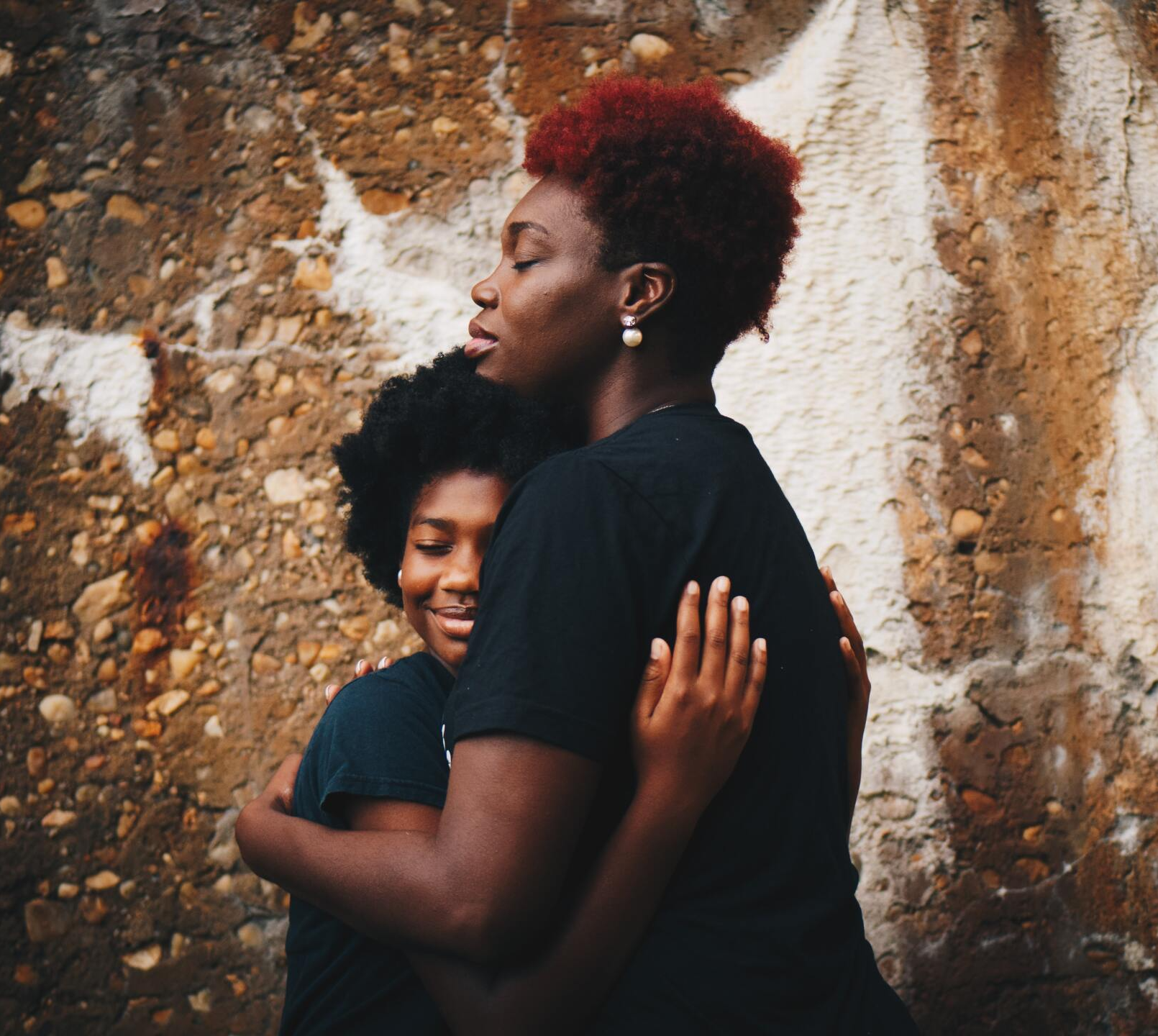The Psychology of Parenting Styles: Why Your Approach to Parenting Matters

Unlocking the Psychology of Parenting Styles:
A Pediatrician's Perspective
Have you ever stopped to think about the profound impact your parenting style has on your child's development and future outcomes? It's a fact that has been repeatedly validated through rigorous research, yet many of us unconsciously replicate the parenting patterns we witnessed during our own upbringing. But why should you care? Why does it matter?
Parenting is a complex and multifaceted journey that shapes the future of our children in profound ways. The style of parenting we choose significantly impacts their development and outcomes, and this fact has been repeatedly confirmed by extensive research. However, many of us embark on this journey without giving much thought to our parenting style, often unconsciously replicating the patterns we observed in our own upbringing.
In this article, we will explore why parenting styles matter, examine the most commonly recognized parenting styles, delve into the psychological and emotional consequences of each, and introduce a transformative approach that aims to create a nurturing, emotionally responsive, and holistic environment for children to thrive.
Why Does It Matter?
To provide some transparency, even as a pediatrician, I didn't possess an in-depth understanding of parenting styles psychology when I became a mother. It's a realization that might resonate with many parents, including those who seek professional advice. I mean, here I was, a pediatrician, often the go-to source for parenting guidance, and yet, parenting psychology was not a subject I was thoroughly educated on during my medical training.
It wasn't until my oldest son was just 18 months old that I decided to give him his first "time out." You know the drill – something he did wasn't to my liking, and I made sure he knew it (perhaps with a bit of yelling), followed by a two-minute isolation period. It was a technique I'd heard a lot about, one I often recommended to the parents of my patients when they struggled with behavioral issues. It seemed like a peaceful method to handle the challenges my son and I were facing at that moment. But it felt dreadful. The look on his face and the sensation in my gut were not what I had envisioned for our parent-child interaction.
It was at this juncture, years into providing parenting advice as a pediatrician, that I realized I needed to truly understand the psychology of parenting. Initially, my motivation was rather selfish – I simply wanted to feel better about my own parenting. However, what I uncovered during my journey convinced me that this is information every parent should have access to.
What Are the Four Common Parenting Styles?
In the field of psychology, researchers have classified parenting styles into four categories based on the work of developmental psychologist Diana Baumrind, further refined by Maccoby and Martin. These parenting styles differ in discipline methods, communication, nurturance, and expectations. Let's take a closer look at each of these styles:
1. Neglectful Parenting:
Neglectful parenting may seem unfamiliar to many, as it's characterized by a lack of engagement or genuine uncertainty about how to parent effectively. In some cases, parents may consciously choose this style, but more often than not, they are simply disinterested or unsure about parenting. Neglectful parents provide minimal rules, structure, or affection to their children. Communication is infrequent, nurturing is scarce, and expectations are low or non-existent.
Children raised in neglectful environments are often left to fend for themselves with limited guidance or supervision. They are at risk of physical harm due to inadequate supervision, and they face psychological risks as well. These children commonly experience depression, difficulty forming close relationships, exhibit hostile behavior, and tend to isolate themselves from others.
Neglectful parenting can be so harmful that it may lead to the removal of children from their homes by authorities.
2. Permissive Parenting:
Permissive parents are known for allowing their children considerable freedom in decision-making and behavior. They tend to avoid rules or structures that might disappoint or upset their children. While communication in permissive households is often open, parents usually refrain from giving their children any significant direction. These parents are typically warm and nurturing, but they set minimal or no expectations for their children.
On the surface, this parenting style may seem “warm and fuzzy,” as it resembles a friendship between parent and child. However, when taken to the extreme with few or no boundaries and limited guidance, research indicates that it can have adverse long-term effects. Children raised in permissive households may struggle with emotional regulation, become excessively rebellious and defiant when they don't get their way, easily give up in the face of challenges, and may engage in harmful antisocial behaviors like drug and alcohol abuse.
3. Dominant (Authoritarian) Parenting:
“Because I said so.” If you grew up hearing this phrase, you’re not alone. Many of us have experienced it as children and may have even used it as parents. The authoritarian parenting style is characterized by a dictatorial approach, with parents expecting unquestioning obedience without providing explanations. Rules are rigid and non-negotiable, and punishment is a common tool for maintaining control.
Affection in authoritarian households is sparing, communication is typically one-sided (from parent to child), and expectations are high with little room for flexibility. Children raised in such environments often struggle to make decisions independently, have difficulty discerning right from wrong without external guidance, and may develop low self-esteem, seeking validation primarily from authority figures.
One intriguing aspect of authoritarian parenting is that studies have shown that “good” behavior often lasts only as long as the parent is present. When children are not being observed, they may act out or disobey the rules.
4. Empowered (Authoritative) Parenting:
If none of the three aforementioned parenting styles resonate with your goals for your child’s well-being and long-term development, the authoritative parenting style may align more closely with your aspirations.
In authoritative households, a balance exists between structure and independence, allowing children to grow within established boundaries while exploring their abilities. Parents in these households uphold a set of shared values and offer support through emotionally nurturing environments that foster trust. There’s room for making mistakes, and children are given the freedom to do so without judgment within a framework that provides guidance.
Children raised in authoritative households are encouraged to question why they are asked to do something, and parents are willing to explain their reasons in a way that children can understand. Discipline in authoritative homes is supportive rather than punitive. Unlike the negative consequences associated with the neglectful, permissive, and authoritarian styles, authoritative parenting is believed to yield largely desirable outcomes. It helps children develop self-assurance, handle responsibilities, overcome difficulties, and become confident in their own judgment.
Jai's Transformational Parenting Style
Now, let's explore the innovative parenting model that brings a fresh perspective into the mix: the transformational parenting style. While authoritative parenting is widely recommended among the four styles mentioned earlier, it still revolves around the idea of controlling a child’s behavior to some extent.
“In this parenting style, the parents are nurturing, responsive, and supportive, yet set firm limits for their children.
They attempt to control children's behavior by explaining rules, discussing, and reasoning. They listen to a child's viewpoint but don't always accept it.” – American Psychological Association
Transformational parenting, on the other hand, aims to create a safe, nurturing, and emotionally responsive environment for children’s holistic development. The defining characteristic of this style is its intention – not to employ tools and tactics to control a child’s behavior but to co-create solutions and address a child’s feelings and needs while staying true to the family’s values and boundaries.
In authoritative parenting, valuable tools are used to foster positive development, but the ultimate aim is still to achieve the parent’s desired outcome, sometimes at the expense of meeting the child’s deeper emotional needs.
The shift in transformational parenting lies in moving away from the need to control a child’s feelings or reactions.
It’s important to clarify that transformational parenting doesn’t fall into the
permissive parenting category. It is, in fact, a hands-on parenting approach that actively engages with children, even during intense emotional moments, while maintaining age-appropriate boundaries and allowing natural consequences to unfold.
With the
peaceful parenting tools of empathy, emotional self-regulation, and an understanding of children’s brain development and nervous system science, transformational parents can effectively meet their children’s needs and co-create an atmosphere of peace without resorting to control.
In this model,
problematic behavior dissipates because all needs, both for the child and the parent, are met. When
parents maintain emotional regulation, understanding that their children’s behavior is developmentally appropriate, children can co-regulate from the parents’ calm state. As adults, we have the power to empower our children and help them attain nervous system safety by serving as their safe harbor. When all needs are acknowledged and met, a sense of calm, connection, and cooperation flourishes between parent and child.
What Now?
Understanding your parenting style and reflecting on how it aligns with your values and aspirations is a significant first step on your parenting journey. It’s important to recognize that most of us have experienced different parenting approaches during our own childhoods, and these experiences profoundly influence how we interact with our own children.
For example, parents who lean toward permissive parenting might have grown up in authoritarian households and consciously choose a different path for their children. This pendulum effect is not uncommon, as individuals often seek to avoid replicating the
parenting style they experienced as children.
If you find yourself frequently resorting to a parenting style that doesn’t align with your true intentions, take solace in the fact that change is possible. I personally went through a transformation in my parenting journey. While I strongly
desired to be a peaceful parent, I found myself spending more time yelling and controlling, resembling an authoritarian or disciplinarian, than I wanted.
My transformation came about through the valuable insights I gained at the Jai Institute for Parenting. This journey not only transformed my relationship with my children and the atmosphere in my home but also impacted every aspect of my life. I don't say this lightly – it was a life-altering experience.
If you’re eager to embrace a more peaceful, transformational approach to parenting but aren’t sure where to begin, the Jai Institute for Parenting might be the ideal starting point for your journey toward becoming the parent you dream of being for your child.
Regardless of your current parenting practices, it’s important to recognize that you have the ability to create the healthiest possible environment for your children, as well as for yourself, to thrive. You can even take it a step further and
become a parenting coach, empowering others on their journey towards holistic child development and transformational peaceful parenting.
Meet Your Author, Dr. Tiffanie Noonan
Dr. Tiffanie Noonan is a Board Certified Pediatrician, founder of EPIC Parenting, and homeschooling mom. Dr. Noonan is a Jai Certified Parent Coach and Board Advisor.
As an advocate for empowering children with a strong sense of self-worth, internal motivation, and empathy, Dr. Noonan speaks and writes extensively to share her message. She serves as Board Secretary for Parenting 2.0’s educational non-profit, The Global Presence. She lives in Charleston, SC with her husband and two sons.
READ MORE:
Curious for more?














